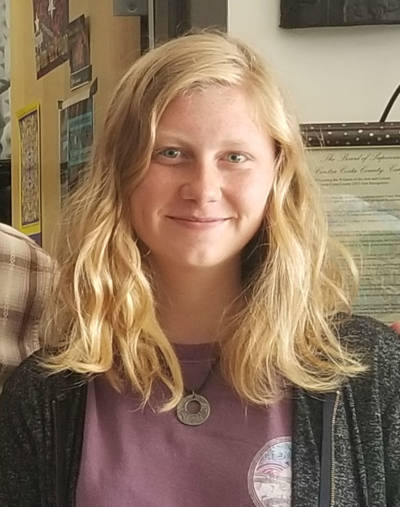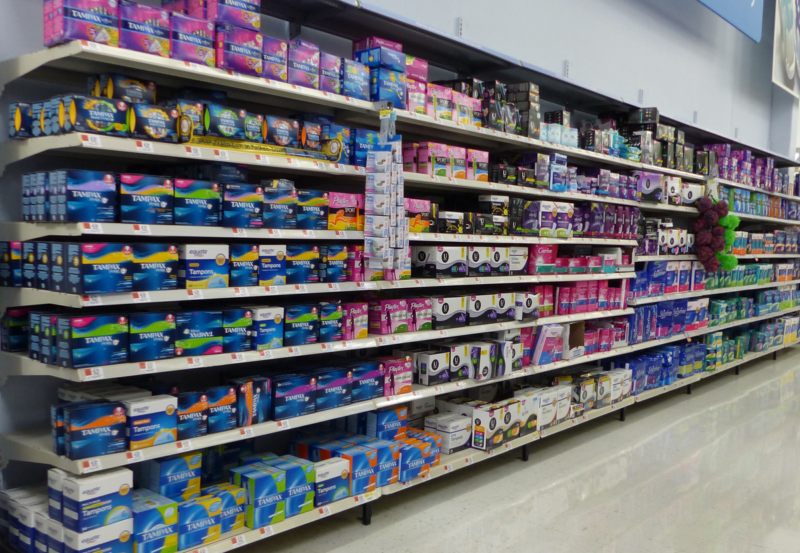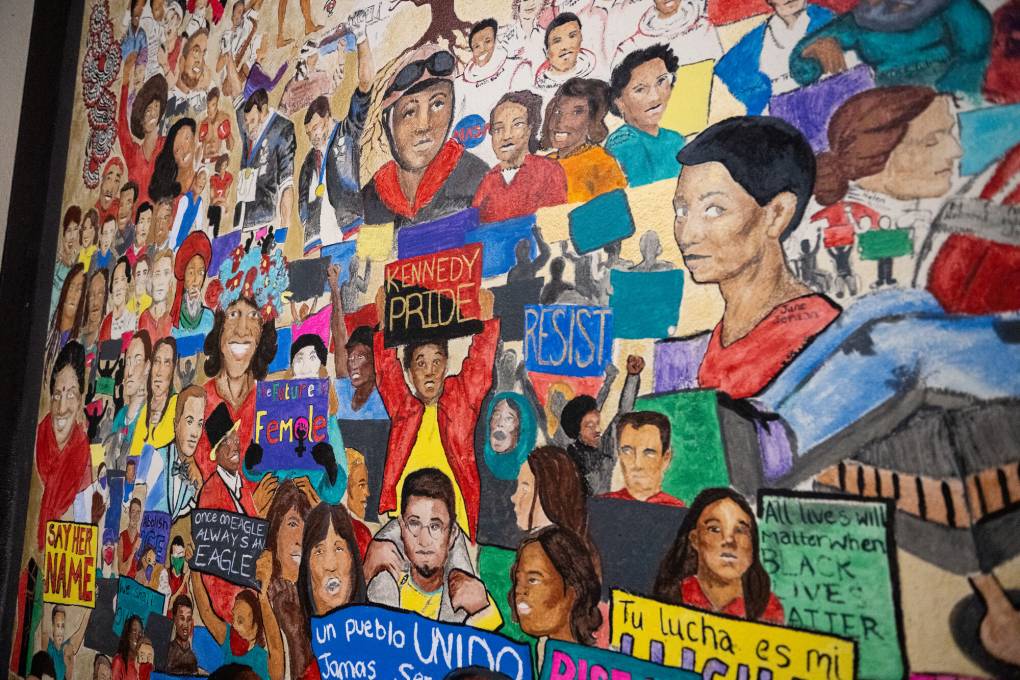The following story was produced for Youth Takeover week at KQED.

When I was a young girl, I started donating general hygiene products to a women’s shelter in Berkeley. I would drop off things like soap, lotion and toothbrushes. But it never really crossed my mind that women in shelters might be in need of menstrual products too.
That changed when I started a feminist club with my friend at our high school. As I began to spend more time learning about relevant feminist issues, I found out about the real but rarely addressed issue of period poverty, in which poor women lack access to menstrual products.
A recent survey conducted by St. Louis University found that nearly two-thirds of low-income women in that city over the last year couldn’t afford menstrual hygiene products like tampons or pads. Respondents said they instead sometimes resorted to using cloth, rags, tissues, toilet paper and sometimes even diapers or paper towels from public bathrooms. Nearly half the women in the survey also said that there were times in the past year when they couldn’t afford both food and period products.
“I do know of women who have talked about using toilet tissue paper or paper towels,” said Wanda Johnson, a nurse practitioner at Alameda County Health Care for the Homeless. “One woman, she was telling me that she had a sock and she wrapped the paper towel around the sock because that was the best way to wick it away.”



